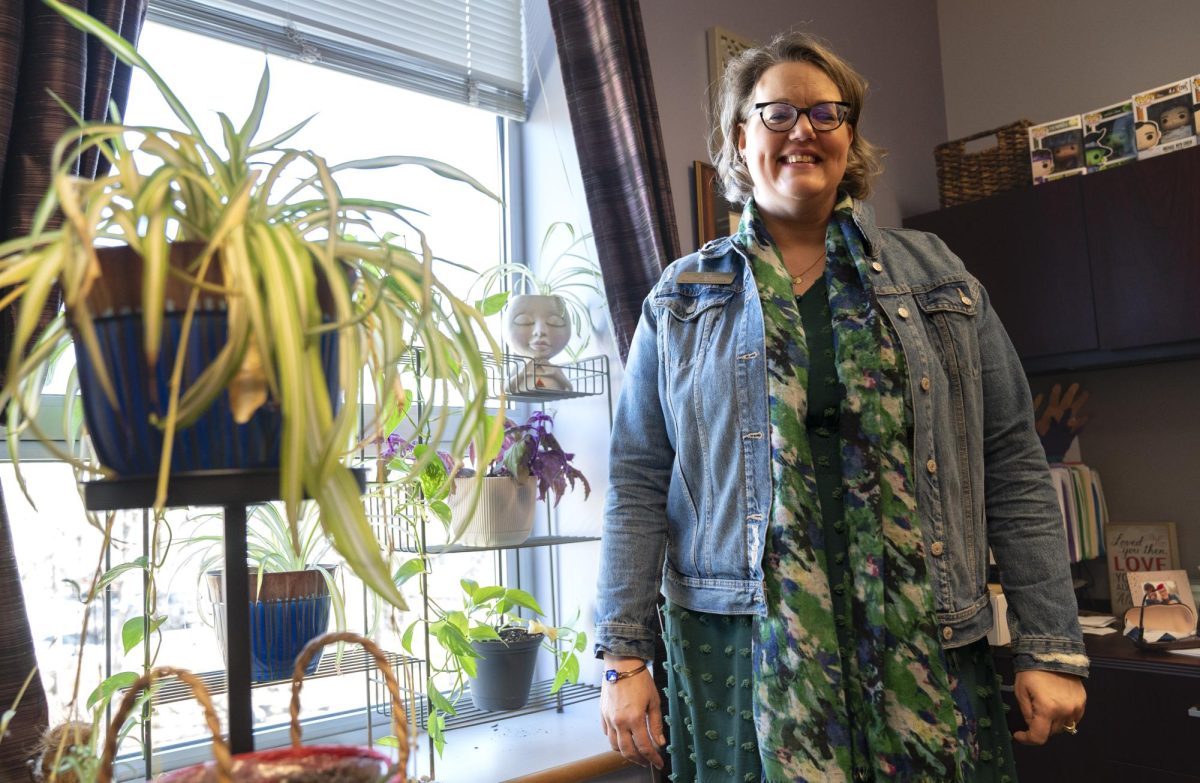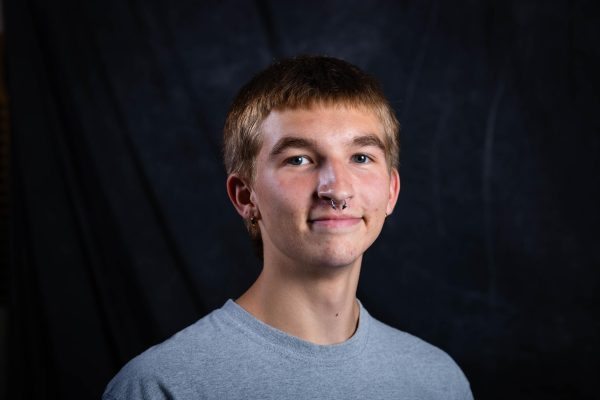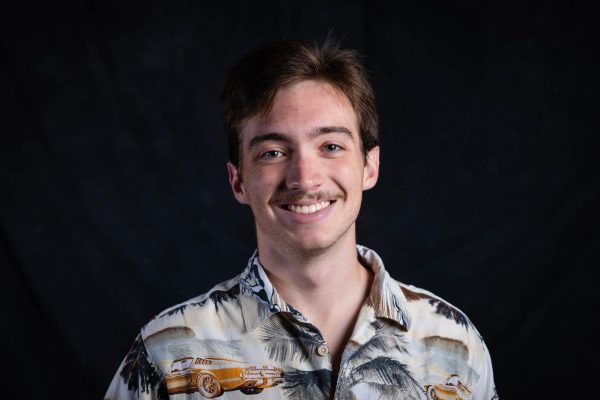“I could work anywhere, I could do anything,” Peggy Crowe said. “But this is what I feel like I’ve been called to do.”
Over a decade ago, Crowe became the director of the WKU Counseling Center. She’s since strived to be present and reachable on campus.
“I wanted us to be more out across the university so people knew who the counseling center was,” Crowe said. “Not that we had one, but that they knew who we were and what services we provide to the university.”
Crowe was an associate director for WKU Housing & Residence Life before becoming the counseling center’s interim director in 2013. She permanently filled the role in March 2015.
Since then, Crowe has fostered student involvement through events like mindfulness-based stress reduction, therapeutic art night and suicide prevention trainings.
“We should talk about students using our resources,” Crowe said. “It is a resource for you; you shouldn’t be ashamed to talk about seeking counseling.”
The counseling center’s services are free and available to all WKU students for as many sessions needed, regardless of health insurance.
“We’re responsive and supportive in different ways,” Crowe said.
The counseling center provides a non-judgemental environment and a team of professionals who offer advice for any challenges students may face. The best way to schedule an appointment is by calling the counseling center at 270-745-3159. The first consultations are held over Zoom to assess proper next steps and a treatment plan.
Recently, Crowe said she has felt the impact of staffing shortages, pointing to the loss of one long-term tenured staff member due to WKU’s Voluntary Separation Incentive Program (VSIP).
The 2024 VSIP allowed eligible faculty and staff one year’s compensation to voluntarily leave their position before their contract ended. The counseling center lost one staff member to the program.
“My units were hit pretty hard,” Crowe said. “The VSIP and/or retirement, it’s had its impact.”
In addition to losing one employee to VSIP, the center lost one additional employee in the beginning of the fall 2024 semester.
Currently, the center employs four clinicians and two graduate interns.
“With slim staff, we have to be efficient,” Crowe said. “We have to be really laser-focused.”
Students can also find Crowe at the Student Accessibility Resource Center (SARC) in the Downing Student Union. Crowe became the director of SARC in fall 2020.
She said while it’s been a bit of a balancing act between the two facilities, students are always the priority.
“It’s making sure that they’re okay and they have what they need, and everything is accessible to them and so is the environment,” Crowe said. “And it’s hard when you can’t just solely focus on this or that.”
While managing her full plate of responsibilities, Crowe has been honored for her “distinguished tenure of leadership and service to their students, colleagues and institution,” according to the College Personnel Association of Kentucky Hall of Fame requirements. Crowe was inducted in October 2024 and was also nominated for the NAACP Ambassador of Education award.
Crowe said she was honored by the accolades but never values her job solely based on awards.
“I love working with students,” Crowe said. “I love what we do here, and you don’t do it for an award.”
She said perhaps the most rewarding part of the job is working with college students in their time of discovery – or the “sweet spot.”
“I’m here to watch you fail; I’m here to pick you up,” Crowe said. “I’m here to send you along. I’m here to hold you accountable. What other job could be better?”
Crowe said students are more expressive about their mental health concerns than they were compared to the start of her career. However, mobile devices can complicate communication, which can, in turn, make students reluctant to reach out for help and speak up about their concerns.
“There’s a lot of us out here that want to help students,” Crowe said. “You have to reach out. Don’t suffer in silence, and know your resources.”





